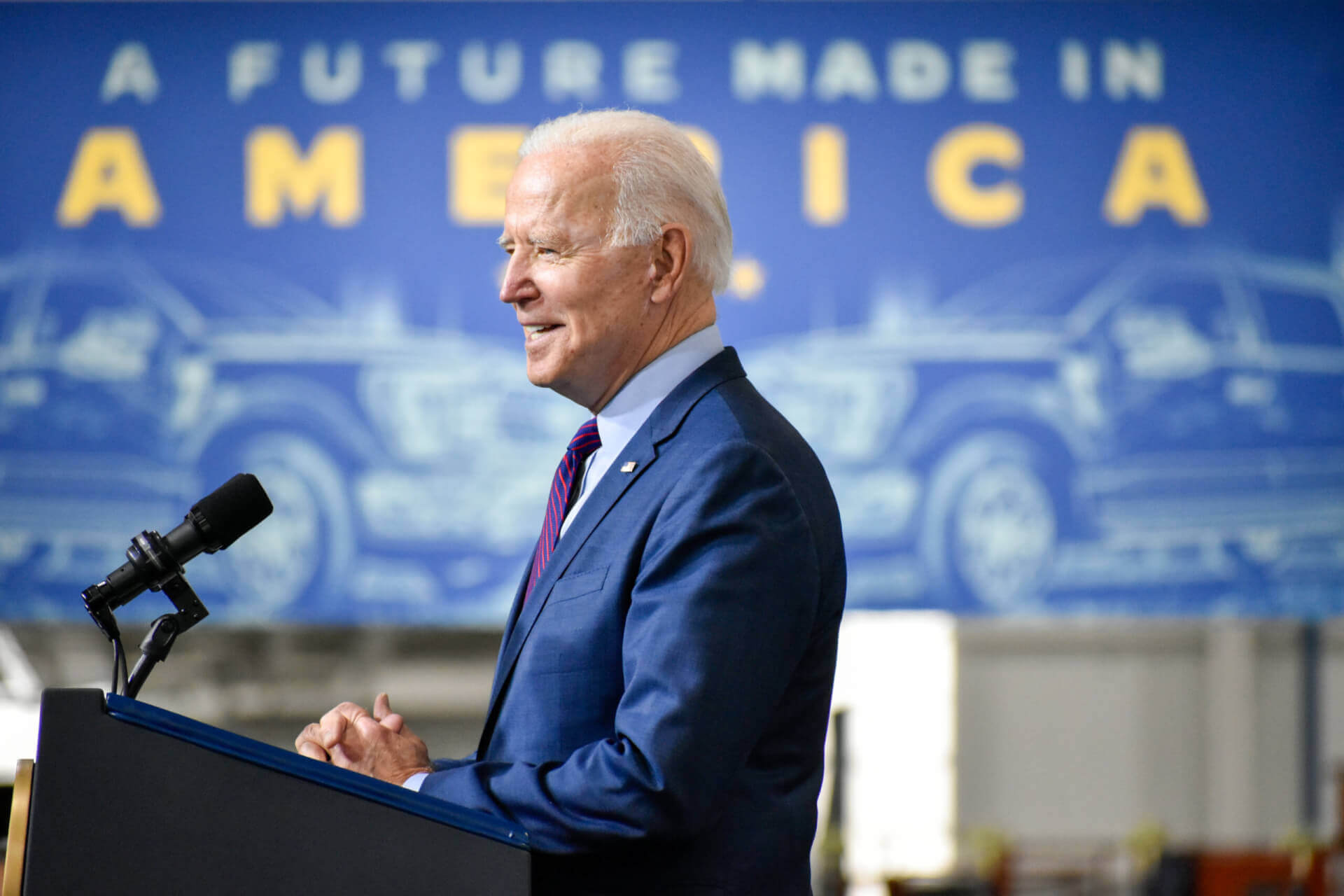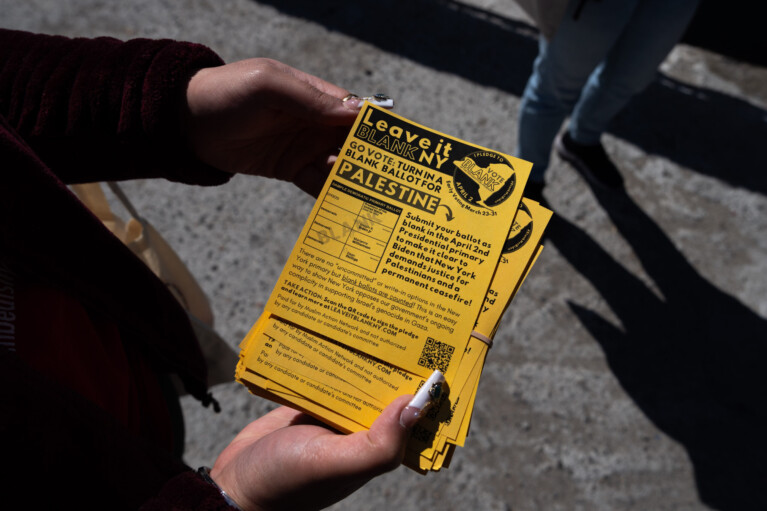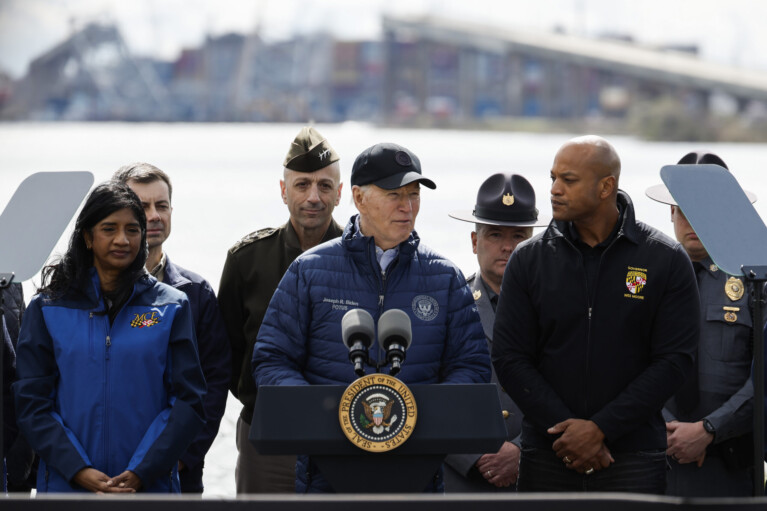
Ronald Reagan made famous the punchline, “The most terrifying words in the English language are: I’m from the government and I’m here to help.” But Joe Biden is turning that on its head. He is, according to friends and foes alike, attempting a bold social contract on a scale not seen since FDR and LBJ. And public education is a big piece of the action.
Two COVID-19 relief and recovery laws have already poured about $180 billion into state and local school budgets nationwide. In Maryland alone, the bounty is around $3 billion.
And that may be small federal potatoes if Biden’s other pending proposals survive the congressional cooker. The $2 trillion American Jobs Plan and $1.8 trillion American Families Plan are thrilling liberals while causing conservatives to gnash their teeth and redouble their efforts at voter suppression. These mega-bills include over $300 billion for universal prekindergarten for 3- and 4-year-olds and other school purposes.
And there’s more: The Biden administration’s 2022 budget adds another $50 billion or so for public schools, doubling Title I aid for low-income students and boosting funding for students with disabilities.
The scale of the Biden commitment seems beyond prior imagination. Educators are both overjoyed and overwhelmed while parents and students wonder what to expect in their local classrooms. The uncertainty is justified.
There are 50 states and about 13,000 school districts that will play a role in how the money is spent. Still, some conclusions and reservations are predictable. (This commentary is a national overview. A future article will zero in on how the Biden deal will fit in and fill out the Maryland Blueprint.)
Most fundamentally, while Biden’s education agenda is extraordinary and will do much good, it isn’t nearly good enough to establish a national guarantee of an adequate and equitable education for schoolchildren, especially those who are poor and of color.
Yes, there is ample funding to enable schools to reopen safely, to bridge the digital divide, to combat catastrophic learning loss, to upgrade school facilities, and to guarantee prekindergarten for 3- and 4-year-olds. However, that still isn’t enough.
First, the COVID relief and recovery funding is short-term, available for only two years or so. Second, the American Jobs and American Families acts, if enacted, only provide a sustained program for pre-kindergarteners; they neglect funding to improve instruction in grades K-12. And third, while Biden’s budgets for 2022 and future years are likely to include a patchwork of funding increases for selected programs, they will not add up to a national guarantee of equal educational opportunity.
Our nation is far from such a guarantee. School funding varies from state to state but it is inadequate and inequitable everywhere. We know from the Kirwan Commission how deficient Maryland school funding is, even though we are a wealthy and mostly liberal state.
Against this backdrop, the omissions in the Biden education aid package are glaring — for example, smaller class sizes, interventions like tutoring for struggling learners, higher teacher compensation, social and emotional support services, and career and technology pathways.
Nonetheless, as some will argue, won’t the universal guarantee of pre-K enable students to achieve academic success all the way up the school ladder? That is conventional wisdom, but it’s also wishful thinking. For various reasons, early childhood education has been oversold in education politics and policy. True, preschool (including Head Start) is a desirable and necessary element of national social welfare policy in general and public schools is particular. Parents, rich and poor and in between, clamor for it.
Yet, it’s not the be-all, end-all that it’s cracked up to be. Research clearly shows that, as the saying goes, it is necessary but not nearly sufficient for school success. It is not a vaccine that prevents future learning failure.
Further, its payoffs accrue almost entirely to students from low-income families. This reality calls into question the cost-effectiveness of universal pre-K for non-poor families whose kids will receive little if any benefit. One well-known researcher concludes, “It could even exacerbate disparities.” Another expert finds that direct income support for families (like family allowances or earned income tax credits) produces better life outcomes than preschool expenditures.
The point isn’t to find fault with preschool programs for non-poor children. But until there is adequate and equitable funding for public schools overall, there are much higher priorities. It’s interesting to note that the aid to education in Biden’s American Families bill jumps all the way from universal pre-K all the way to free community college. But what about equivalent guarantees for the K-12 school years in the middle?
Biden could still meet the challenge and prevent states from perpetuating large inequalities in school funding. He could propose federal funding that makes up the difference in states’ capacity – income and wealth – to pay for adequate programs from pre-K through grade 12. Or he could put strings on current federal aid that requires each state to do the same — which basically was the mandate of the Kirwan Commission.
Of course, federal strings on state and local control of public schools invokes bipartisan resistance. The Obama administration gamely tried to tie federal aid to state support for high common academic standards and more emphasis on teacher evaluations.
Called Race to the Top, it fairly quickly sank to the bottom. It was doomed by liberals and conservatives alike who, at the same time, were teaming up to also sink the No Child Left Behind Act’s goal of national accountability for failing schools.
Can Biden overcome this opposition and bring about a national guarantee of equal educational opportunity?
You wouldn’t have thought there was one chance in a million of that — until 100 plus days ago, he started acting like FDR and LBJ. He’s already raised the bar with historic proposals to bring about national guarantees of child and family income and other far-reaching initiatives in the American Jobs and American Families plans.
Our country’s long history proves that basic civil rights for low-income minorities will only be achieved through federal guarantees. Close to a century ago, W.E.B. Du Bois wrote, “Of all the civil rights for which the world has struggled and fought for 5,000 years, the right to learn is undoubtedly the most fundamental.”
Go for it, Joe!
— KALMAN R. HETTLEMAN
The writer is a member of the Maryland Commission on Innovation and Excellence in Education – the Kirwan Commission, a former Baltimore City school board member, a former deputy mayor of Baltimore and a former Maryland secretary of Human Resources.





 Creative Commons Attribution
Creative Commons Attribution